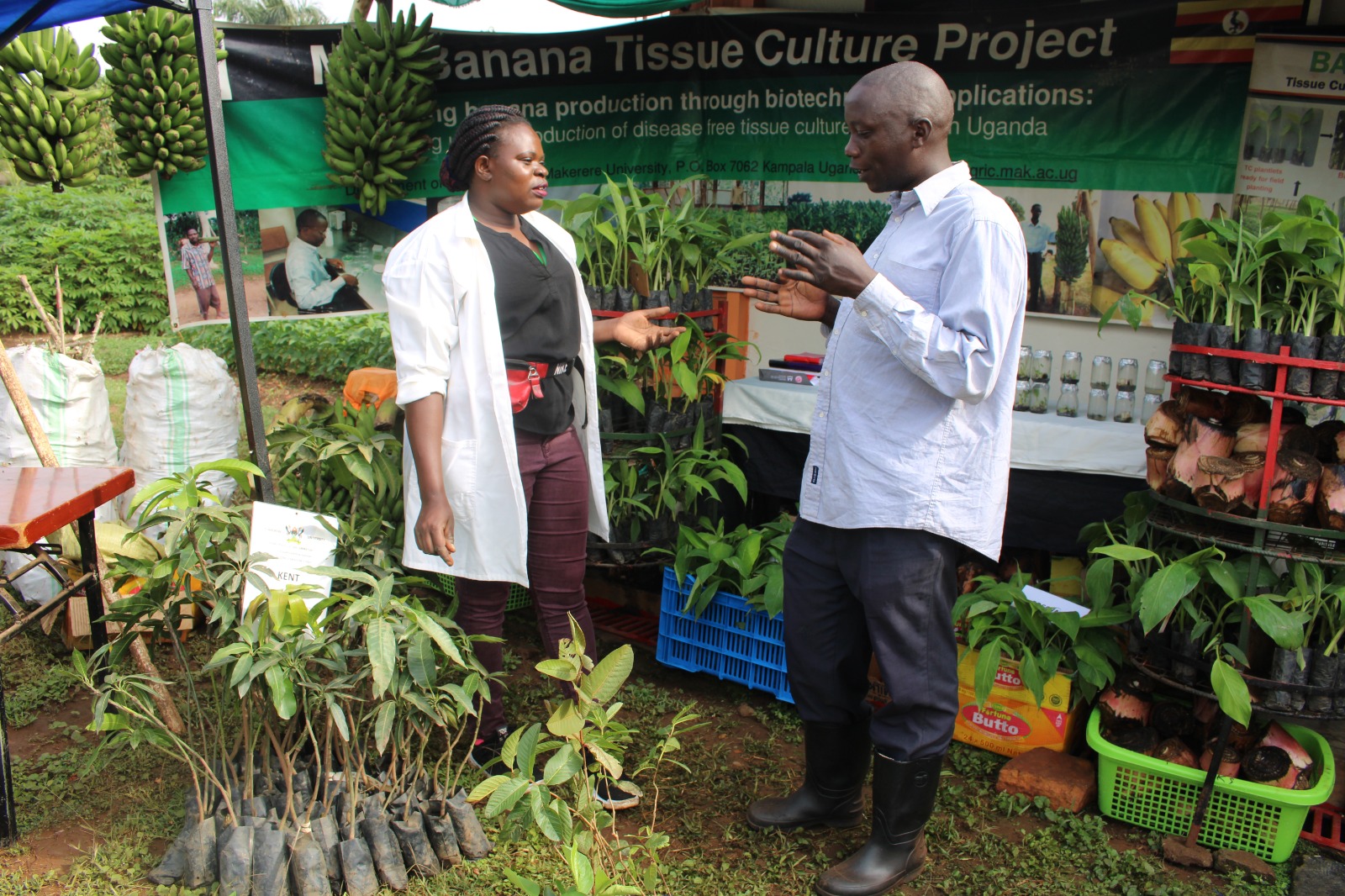Agriculture Science
Agricultural science is a broad, multidisciplinary field that studies the science and practice of agriculture, encompassing various aspects from crop production to animal husbandry. It involves the application of exact, natural, economic, and social sciences to understand and improve agricultural systems. Key areas of focus include crop development, resilience, quality, and reproduction, as well as their relationship with the environment.
Key areas of study within agricultural science include:
- Crop Science: This encompasses plant breeding, genetics, physiology, pathology, and weed science, with a focus on improving crop yields and quality.
Animal Science:
This includes animal breeding, nutrition, and management, focusing on livestock production and health.
Soil Science:
This studies the physical, chemical, and biological properties of soils, and their influence on plant growth and agricultural practices.
Agroecology:
This focuses on sustainable agricultural systems that minimize environmental impact and promote biodiversity.
Agricultural Economics:
This studies the economic aspects of agriculture, including production costs, market prices, and policy impacts.
Agricultural Extension:
This involves disseminating knowledge and information to farmers and other stakeholders to improve their agricultural practices.
Agribusiness Management:
This studies the business aspects of agriculture, including marketing, distribution, and processing of agricultural products.
Importance of Agricultural Science:
- Food Security: Agricultural science plays a vital role in ensuring global food security by improving crop yields and efficiency.
Sustainable Agriculture:
It helps develop sustainable agricultural practices that minimize environmental impact and promote biodiversity.
Economic Development:
Agriculture is a major driver of economic development, particularly in rural areas.
Rural Livelihoods:
It provides opportunities for rural communities to improve their livelihoods through agricultural production and agribusiness.
Research and Innovation:
Agricultural science drives research and innovation in areas like genetic modification, precision farming, and climate-smart agriculture.
Career Paths in Agricultural Science:
- Agricultural Scientist: Conducts research and develops new technologies to improve agricultural practices.
Agronomist: Manages crops and soil to maximize productivity and sustainability.
Animal Husbandry Officer: Manages livestock operations and ensures animal welfare.
Farm Manager: Oversees all aspects of farm operations, including crop and livestock production.
Agricultural Extension Specialist: Provides technical assistance and training to farmers.
Agribusiness Manager: Manages the business aspects of agricultural enterprises.
Food Scientist: Develops new food products and ensures food safety.

